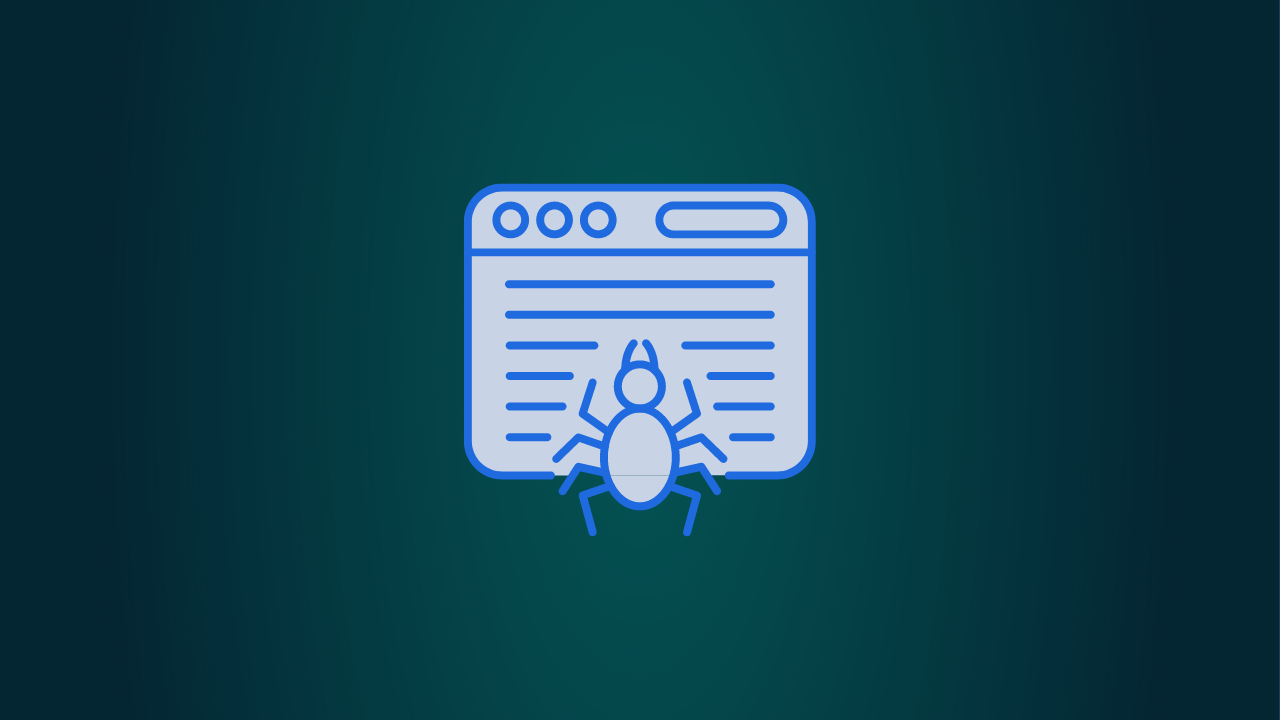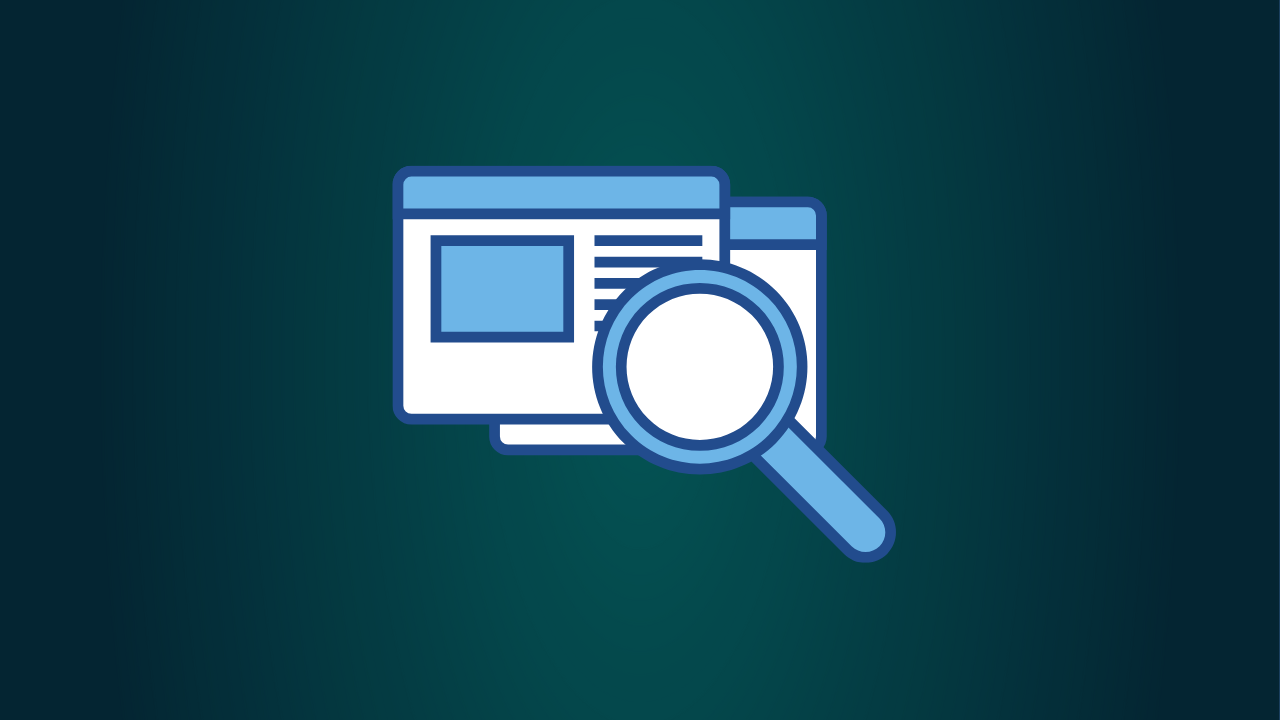
Residential Proxies menambahkan 300.000 IP AS pada tanggal 9 April.


Paket proxy eksklusif pengikisan data web AI [Lalu lintas tak terbatas, lebar pita 100G+]

 Language
Language

In the modern digital economy, web scraping has become an important tool for many companies and individuals to obtain data. By accessing and extracting web page content through automated programs or robots, companies can use public online data for market analysis, price comparison, competition monitoring, etc. However, web scraping has also caused extensive legal and ethical disputes, and many websites believe that scraping their data infringes intellectual property rights or violates the website's terms of service. Therefore, the legality of web scraping has become a complex and much-discussed topic.
This article will explore the legal framework of web scraping, relevant cases, ethical considerations, and how to conduct web scraping legally and compliantly.
Web crawling refers to the process of extracting large amounts of data from web pages by writing automated programs. These programs usually access public web pages and crawl the content on the web pages, including text, pictures, prices, comments, etc. by parsing the HTML structure. Web crawling is widely used in the following fields:
Market research: Companies conduct competitive analysis by crawling prices and product information from competitors' websites.
Content aggregation: Some websites provide comprehensive information services, such as news aggregation platforms, by crawling the content of other websites.
Data analysis: Researchers use crawling technology to obtain open data in various aspects such as society and economy to conduct public opinion analysis and trend forecasting.

The process of web scraping may involve intellectual property issues, especially copyright and database rights. According to international conventions and national laws, the content on the website, especially original text, pictures, videos, etc., are protected by copyright law. Unauthorized copying or distribution of these contents may constitute copyright infringement.
However, different countries have different attitudes towards data scraping. For example, in the European Union, database producers enjoy special rights to the database, and scraping without permission may constitute an infringement of database rights. In the United States, the protection of intellectual property rights relies more on the principle of "fair use". Scrapers must consider whether their actions meet the standards of fair use, including whether the original content has been processed or transformed, whether the amount of crawling is excessive, whether the interests of the right holder are harmed, etc.
Many websites explicitly prohibit automated crawling in their terms of service. Although these terms are an agreement between the website and the user, once the user visits the website and uses its services, it is deemed to have agreed to these terms. If the crawler violates these terms, it may constitute a breach of contract.
In the United States, the Computer Fraud and Abuse Act (CFAA) prohibits unauthorized access to computer systems. Some courts have ruled that web scraping may constitute "unauthorized access" to a website, thereby violating the CFAA. This means that if a website's terms of use explicitly prohibit scraping, the scraper may face legal risks.
However, the legal definition of "unauthorized" remains controversial. Some courts have held that as long as the website does not explicitly set technical access restrictions (such as IP blocking or verification codes), the scraper has not "overstepped its authority." Other courts have held that violating a website's terms of service itself constitutes "unauthorized access."
In recent years, global attention to data privacy has increased. Regulations such as the EU's General Data Protection Regulation (GDPR) have imposed strict requirements on the collection and processing of user data. If the crawling process involves the user's personal information (such as name, address, email, etc.), the crawler needs to ensure compliance with relevant privacy protection regulations. Illegal crawling and abuse of personal data may result in severe penalties.
Although the law has provided a certain framework for web crawling, there are still many legal gray areas. In the following cases, the legality of web crawling is often unclear:
If the data is public and there are no access restrictions, does crawling this data constitute infringement?
This is a controversial issue. Many legal scholars believe that public data can be legally crawled, but this also depends on the nature of the data and the purpose of its use.
Even if data scraping itself may be legal, if the scraper uses the data for commercial purposes, especially in direct competition with the original website, it may cause legal problems.
For example, a price comparison website displays product prices by scraping e-commerce platforms, which may conflict with the platform's commercial interests and lead to legal disputes.
Some websites restrict crawling through technical means, such as using CAPTCHA, IP blocking, etc. If the scraper bypasses these technical protection measures, it may be regarded as a "hacking attack" and violate the law.
In 2000, eBay sued Bidder’s Edge, which scraped eBay’s data to provide auction information. The court ruled that Bidder’s Edge’s actions constituted “unauthorized access” to eBay and prohibited it from continuing to scrape. This case emphasizes that websites have control over their data.
In contrast to the eBay case, in the case of LinkedIn v. HiQ Labs, the court held that HiQ’s scraping behavior was legal because HiQ scraped publicly visible data. This case triggered a widespread discussion on the legality of public data scraping, indicating that in some cases, scraping public data may not constitute infringement.

Before crawling the web, it is best to get permission from the website. Contact the website administrator and explain the purpose and method of crawling to obtain legal authorization.
Most websites provide a file called robots.txt in their root directory, indicating which parts can be crawled and which parts are prohibited from crawling. Crawlers should follow the instructions in the file to ensure compliance.
Many websites provide API (application programming interface) to allow developers to obtain data legally. Using API can not only avoid legal risks, but also improve the efficiency of data acquisition.
Regularly monitor crawling behavior to ensure that it does not violate the website's terms of use and laws and regulations. If a website objects to the scraping, it should stop the scraping immediately.
The legality of web scraping is a complex legal issue that is subject to multiple laws and regulations and may vary in different countries and regions. With this in mind, we recommend that you consider this article as informational and educational content only. If you have any questions, please feel free to contact us at [email protected] or online chat.
